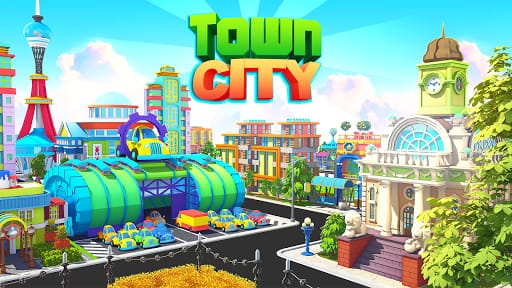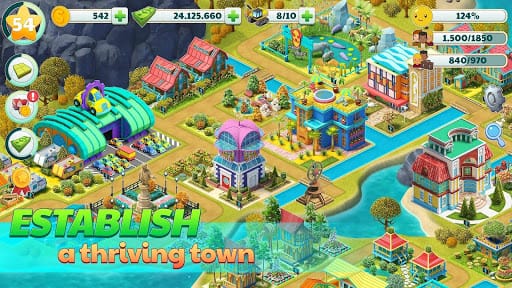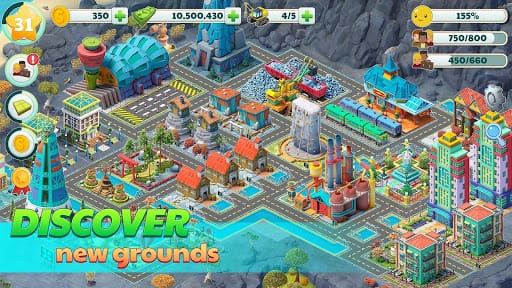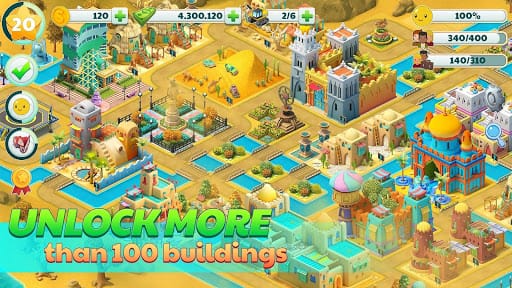Environmental Impact
The environmental impact of mobile games is often overlooked. While the game itself doesn't directly pollute, the energy consumption of servers and devices, along with the e-waste generated from outdated hardware, contribute to a significant carbon footprint.
- Energy Consumption: Playing resource-intensive games can drain battery life, leading to more frequent charging and higher electricity consumption.
- E-waste: Encouraging players to upgrade devices to improve performance exacerbates the problem of electronic waste.
Resource Efficiency
Resource efficiency in simulation games like this can be considered from two perspectives: the virtual resources within the game and the real-world resources required to play it.
- The game's resource management mechanics can educate players about efficient resource allocation and the consequences of unsustainable practices within the simulated environment.
- The game requires energy to run, contributing to the carbon footprint.
- Potential encouragement of device upgrades contributes to e-waste.
Sustainable Features
Currently, most mobile simulation games don't explicitly incorporate sustainability themes. However, there's potential to integrate features that promote environmental awareness.
Potential Sustainable Features
Integrating elements such as renewable energy sources, waste management systems, and environmentally friendly building options within the gameplay could raise awareness and subtly educate players about sustainable practices.
Social Responsibility
Social responsibility in gaming extends beyond environmental concerns. It includes fair labor practices in game development, promoting inclusivity, and fostering positive community interactions.
- Community Building:
- The game's multiplayer features (if any) could encourage collaboration and positive social interactions among players.
- Ethical Development:
- Ensuring fair labor practices and diverse representation within the development team contributes to social responsibility.
Long-Term Value
The long-term value of a mobile game depends on its replayability, the longevity of its support, and its potential for positive impact.
| Aspect | Evaluation |
|---|---|
| Replayability | High replayability extends the game's lifespan, reducing the need for frequent game replacements. |
| Developer Support | Consistent updates and bug fixes ensure the game remains functional and engaging over time. |
Overall Sustainability Value
While not explicitly designed with sustainability in mind, simulation games can indirectly promote environmental awareness through resource management mechanics and offer opportunities for positive social interaction. By integrating sustainable features and ensuring ethical development practices, developers can enhance the overall sustainability value of their games.




